For the second representation of the musical tale “Begin the Beguine” at the Bal Blomet in Paris in 15th, Fabrice di Falco parallel to presents to us the history of the Grand Theatre of St Pierre that of the Bal Blomet, old “Negro Ball”.
It interprets there works of Vivaldi, Pergolèse, Knight of Saint–Georges, Mozart, Joplin, Gershwin, Cole Porter, Edith Lefel, Jenny Alpha, Henri Salvador… surrounded of the double bass player Julien Leleu, the pianist Jonathan Goyvaertz, Aurélien Pasquet to the battery and the sound effects, of Max Cilla, the father of the flute of Dull of Martinique “ and Daniel Misaine to the violin. With this occasion, thanks to Martial Bazabas, teacher of the Caraïbéen Campus of Arts, the images reconstituted in 3D of the old monument are projected on the screen of the scene.
All the musical aspects energy of the baroque to the beguine via the blues and the jazz are treated during this show all while mingling a point with it with humour. Titles of Henri Salvador whose “soft song” under the portrait of its mom as well as a version of “Syracuse” re–examined in “My Antilles” are taken again. At the end, the spectators can come to dance the beguine with the lyric singer.
“Begin the beguine” is the history of the Grand Theatre of St Pierre in Martinique destroys at the time of the eruption of the volcano “Peeled Mountain in 1902”, where met the good company of St Pierre and thereafter all the social classes. The singer occurred in the ruins of the theatre of St Pierre releasing an enormous emotion.
Fabrice di Falco is a lyric singer born in 1974 in Martinique from Italian father and West–Indian mother. Its tessitura of sopraniste–against–tenor points out that of the castrati of the baroque time. It is called the “creole Farinelli”. Sailing between the baroque opera and the contemporary opera, he travels enormously and in 2005, he occurs with Mascate, capital of the Sultanate of Oman, thanks to Ian Hockley, pianist and organist who discovered it at the time of a concert to the church and following a second concert, Ian Hockley proposes to him to sing at the time of the midnight supper that the Sultan of Oman in his palace organizes.
The Qaboos sultan adores the classical music and maintains a local orchestra to which it offers the best orchestra conductors who occur with the palace in a concert hall of the size of the Theatre of the Fields–Elysées. Since, the two men became friendly.
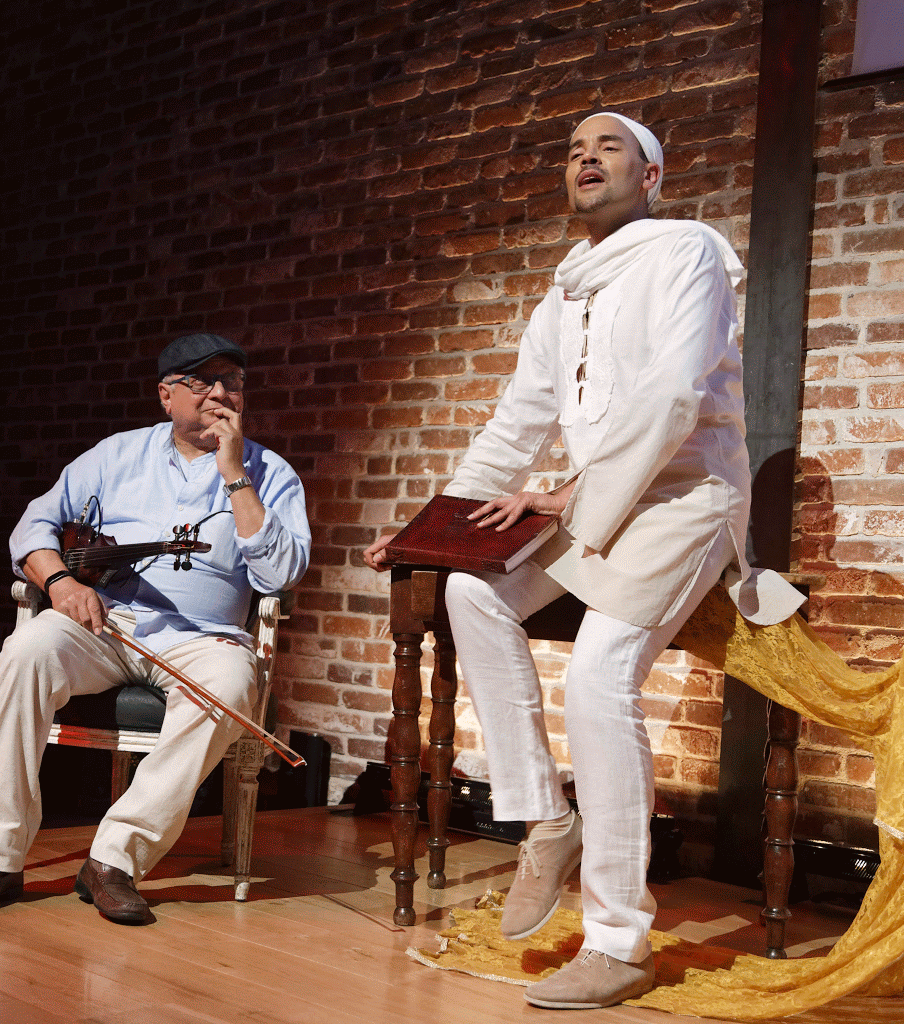
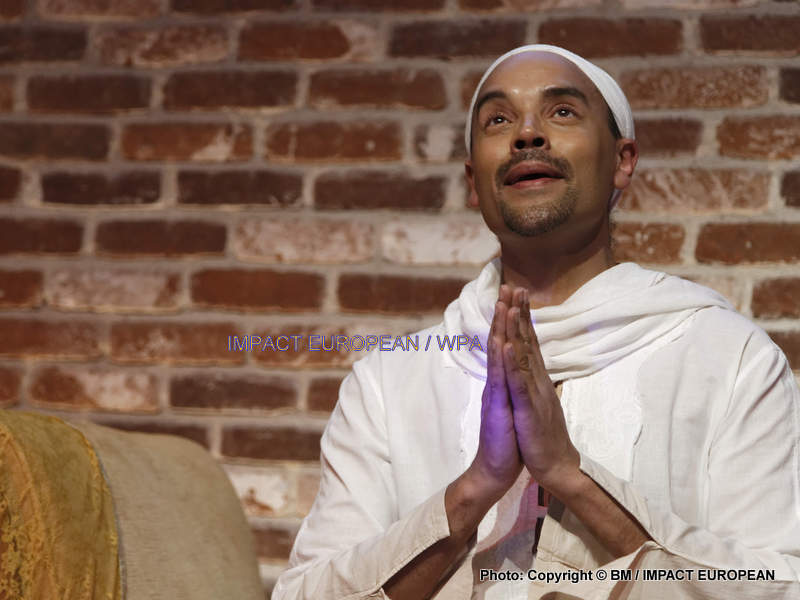
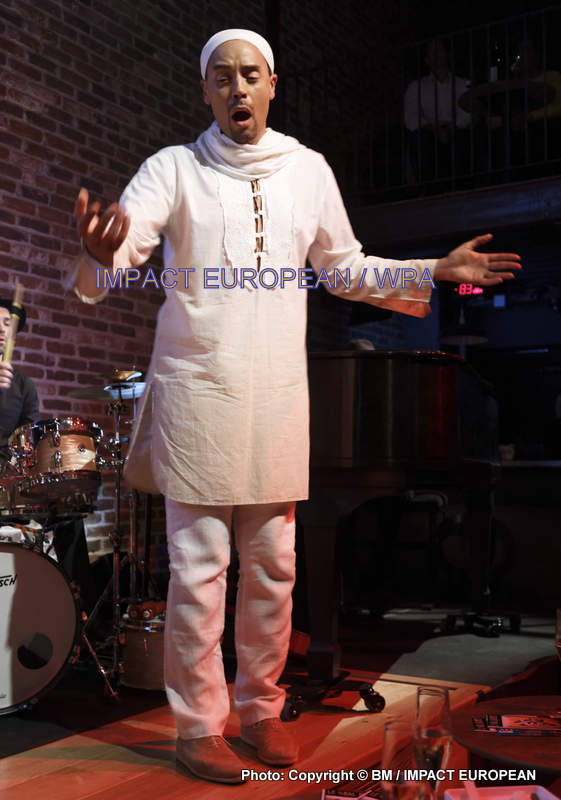
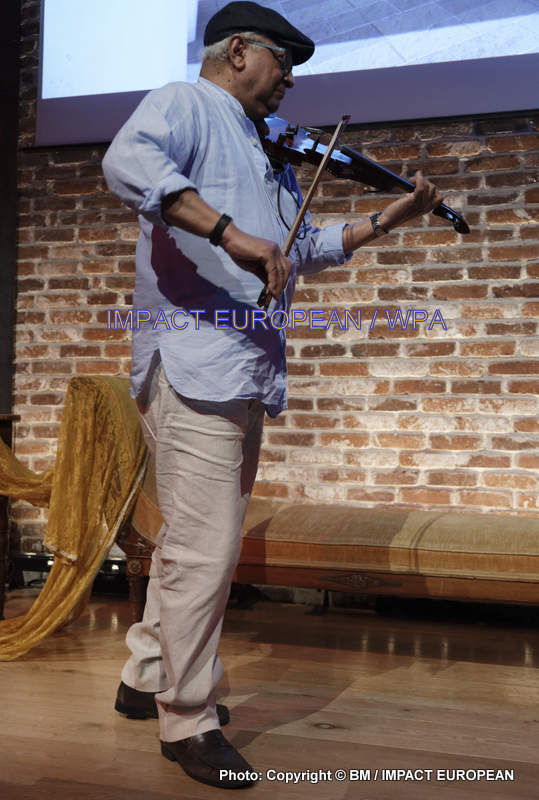
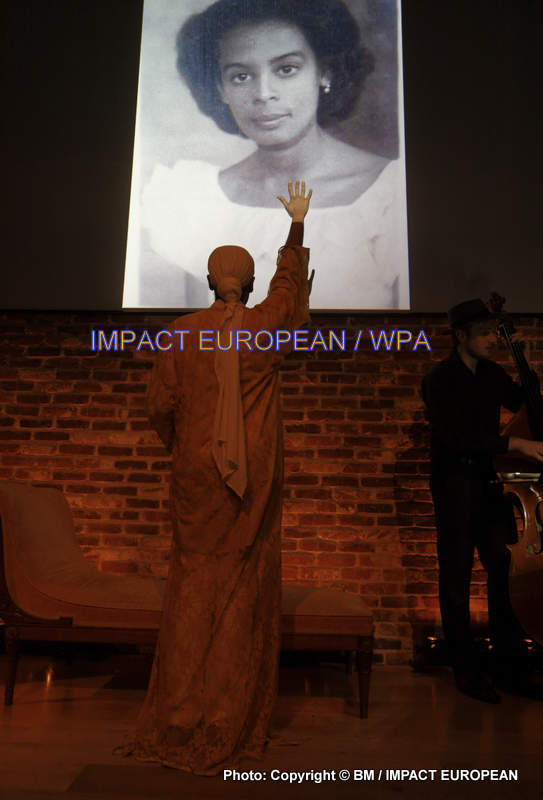
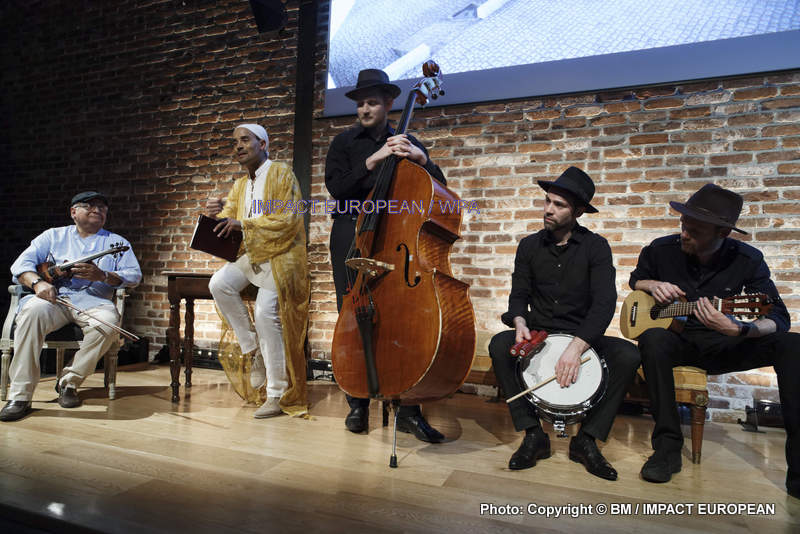
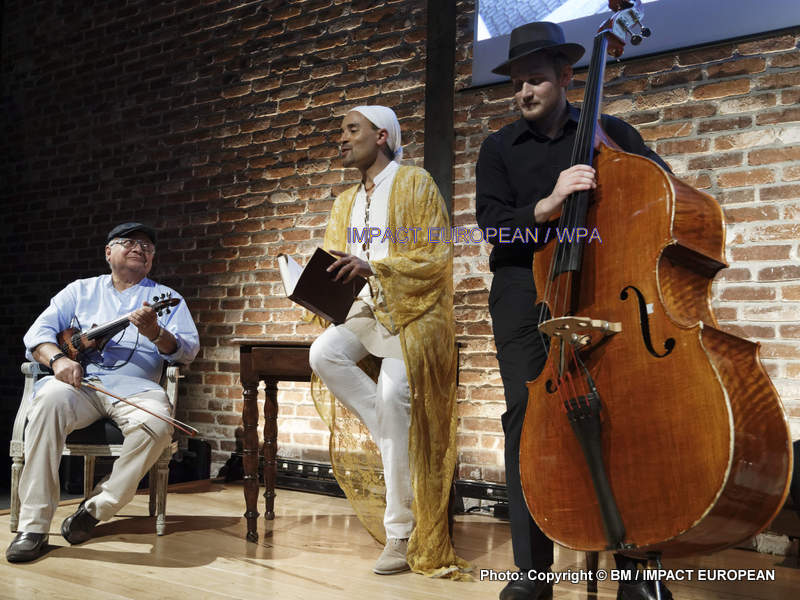
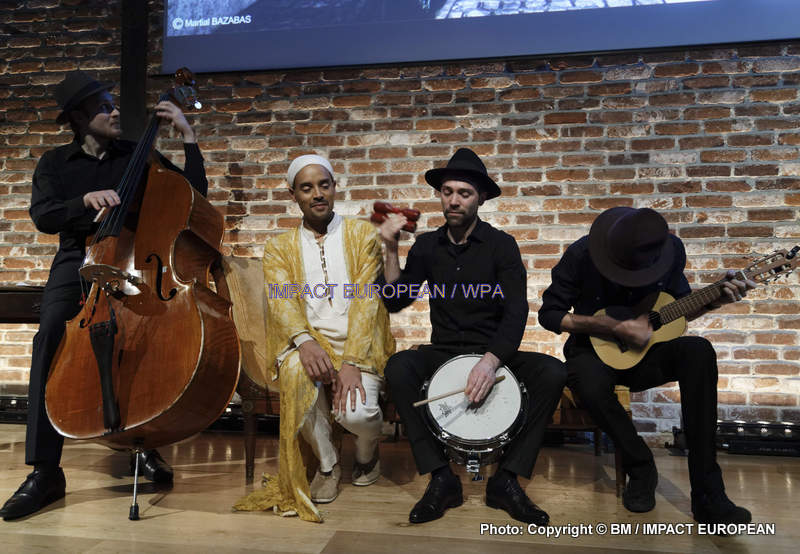
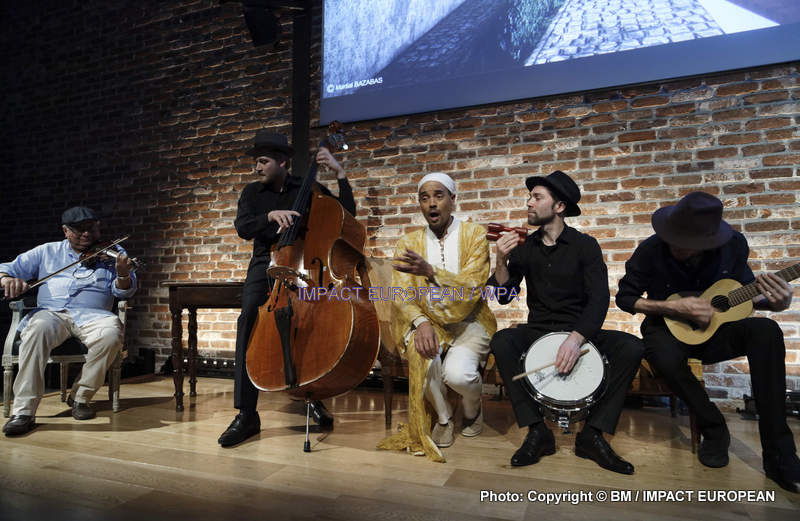
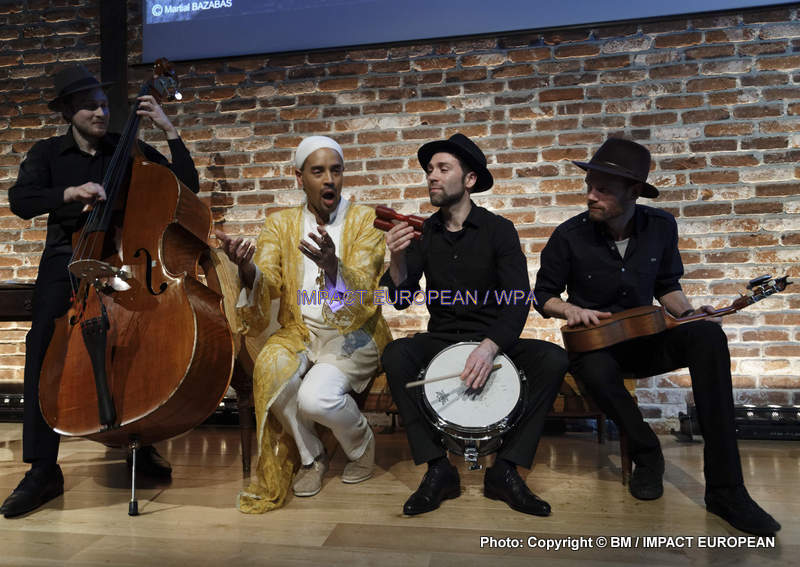
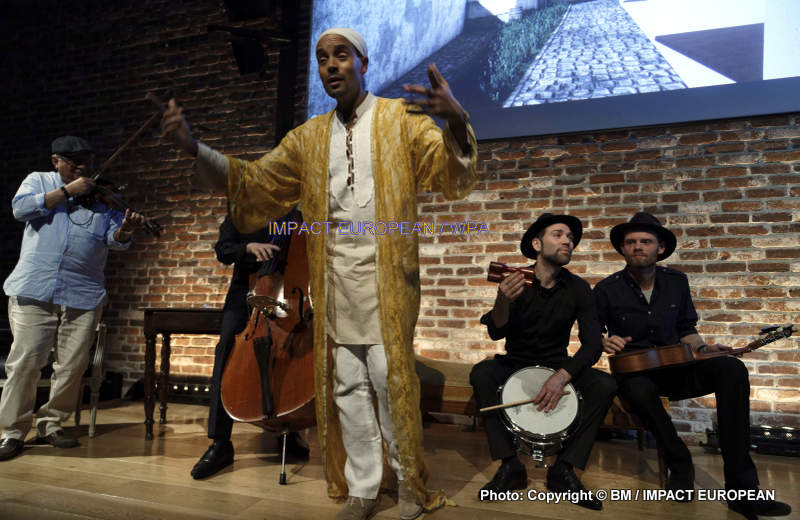
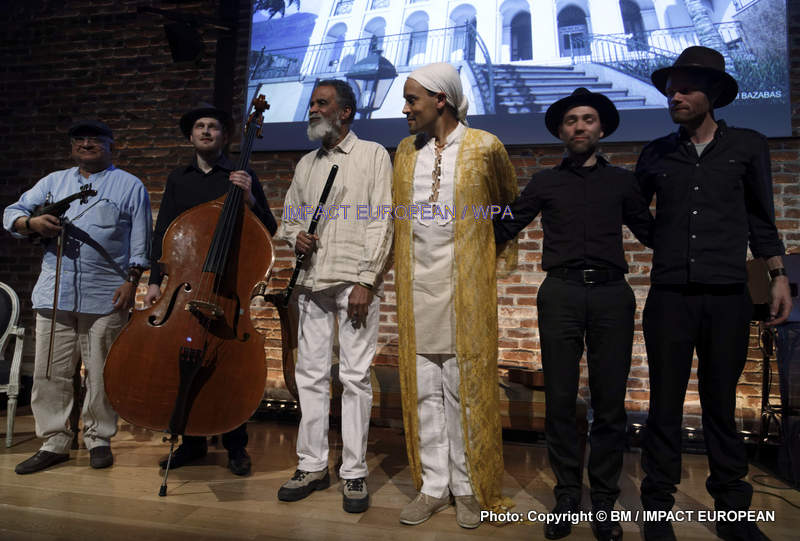
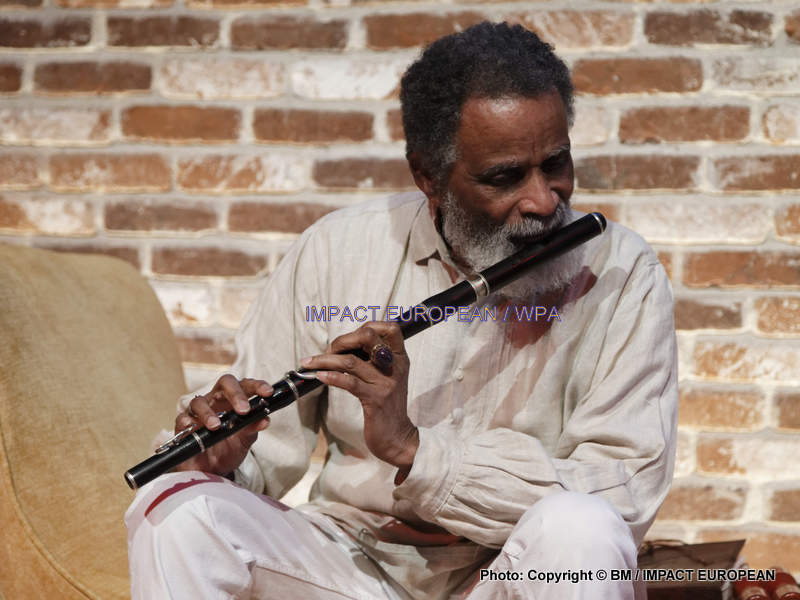
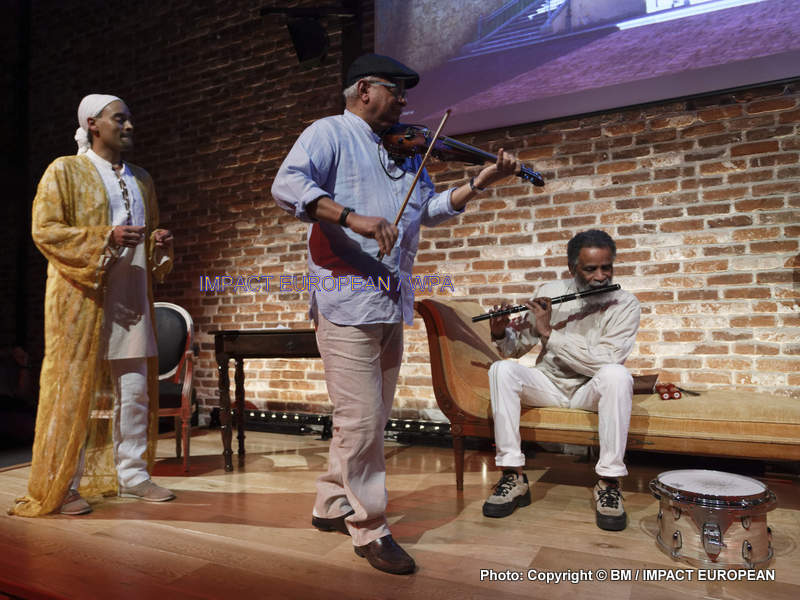
More Stories
METAL D’ALCOVE, the workshop of Eric KATZ, lighting sculptor in Montmartre
Gelsomina
Stars of the 80s and 90s in concert at Bobino for underprivileged children